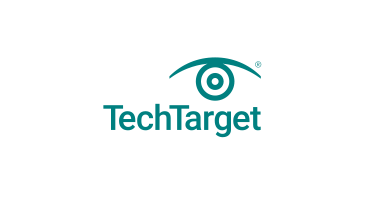What is Personally Identifiable Information (PII)?
Personally Identifiable Information (PII) refers to any data that has the potential to identify a specific individual. It can be used to distinguish one person from another and to de-anonymize previously anonymous data. PII may include direct identifiers that uniquely identify a person, such as passport information, as well as quasi-identifiers that can be combined to identify an individual, such as race or date of birth.
Why is it important to secure PII?
Protecting PII is crucial for maintaining personal privacy, data protection, and information security. Stolen PII can result in significant harm to individuals, as thieves may use this information to create false accounts, incur debt, or sell identities to criminals. As personal data is increasingly recorded and tracked in various systems, it is essential to safeguard individuals’ identities and any unique identifying information associated with them.
What falls under the category of PII?
PII includes any information that can uniquely identify individuals or be linked to specific individuals. Direct identifiers such as names, addresses, and Social Security numbers are considered PII, as well as quasi-identifiers like age, race, or passport numbers. Definitions of PII may vary, but generally, it pertains to information that can trace or distinguish an individual’s identity.
How can PII be protected from theft?
Cybercriminals can steal PII through various methods, including phishing attacks and exploiting vulnerabilities in servers and devices. It is essential to encrypt sensitive PII when it is in transit or at rest, and to implement strong security measures such as two-factor authentication. To prevent identity theft, individuals should limit what they share online, secure important documents, and be cautious about disclosing sensitive information.
What are the regulations surrounding PII?
Laws and regulations govern the handling of PII, with organizations required to have strict policies for collecting and safeguarding sensitive information. For example, the General Data Protection Regulation (GDPR) in the EU sets standards for protecting PII data. In the U.S., laws such as the California Consumer Privacy Act (CCPA) require organizations to safeguard PII and give consumers rights over their data.
In conclusion, protecting Personally Identifiable Information is crucial for maintaining personal privacy, preventing identity theft, and complying with regulations that govern the handling of sensitive data. By implementing strong security measures and following best practices, organizations and individuals can safeguard PII from theft and misuse.









